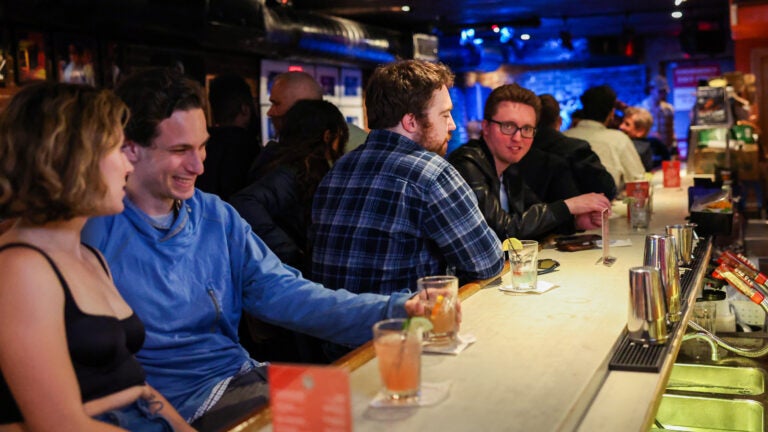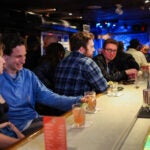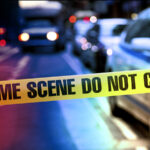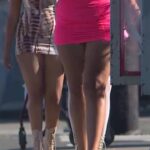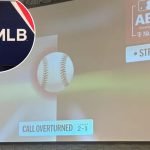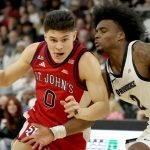Food News
The measure to add more liquor licenses to certain zip codes left the Senate with tweaks to it — the biggest one being the number of licenses state senators approved for Boston in more zip codes.
A measure that would make more liquor licenses available to restaurants in Boston’s most underserved zip codes got a stamp of approval from the state Senate Monday, just days before Wednesday’s formal session deadline.
And just as the House did several weeks ago, the measure left the Senate with noticeable tweaks to it — the biggest one being the number of licenses state senators approved for Boston in more zip codes.
The measure passed by the Senate would give Boston 264 new licenses, an increase from both the city’s initial proposal of 250 licenses, as well as an upgrade from the House’s passage of 205 licenses.
That number would include four liquor licenses and two malt and wine licenses per year, up to three years, for 13 zip codes.
The original proposal — first introduced by City Councilor Brian Worrell in early 2023 before it was sponsored by state lawmakers Rep. Christopher Worrell and Sen. Liz Miranda — advocated for Roxbury, Dorchester, Mattapan, East Boston, Roslindale, West Roxbury, and Hyde Park to get these restricted licenses.
These neighborhoods were chosen because of a huge disparity that exists between them and other parts of Boston, like Back Bay and the Seaport, which have anywhere from 60 to 90 liquor licenses just in one neighborhood. Because Boston has a liquor license cap, usually a restaurant owner’s only course of action in getting a license is buying it from another restaurant that can come with an outrageous price tag as high as $600,000.
For restaurants without a big restaurant group or a deep-pocketed restaurateur paying that high cost, like many in Boston’s most diverse neighborhoods, liquor licenses are out of reach.
Both legislative bodies added to that list of zip codes: the House added Charlestown and Jamaica Plain in May, and the Senate on Monday added the South End.
The Senate also agreed with the House in granting Brighton’s Oak Square three licenses. Both legislative bodies also want 15 non-transferable licenses for nonprofits and community spaces, though the Senate added government agencies to that list.
For the select zip codes and organizations, their non-transferable license means it can’t be sold on the private market and must return to the city when no longer used.
However, the Senate did approve the addition of 12 unrestricted licenses that could be used anywhere in the city, the Boston Globe reports. In May the House approved seven unrestricted licenses; the initial proposal didn’t prioritize such licenses.
The House and Senate must come to a compromise in a conference committee, the Globe reports, likely before the session deadline this week, and also before it can go to Gov. Maura Healey’s desk for a signature.
Mayor Michelle Wu, who was among the Boston officials that testified in support of the legislation in October, said in a statement Monday that she was “grateful to the Senate for advancing this important legislation that will help provide economic opportunity to neighborhoods across the city.”
When asked about the Senate’s adjustments and a possible compromise this week, Miranda on Monday emphasized the importance of adding licenses to those neighborhoods from the initial proposal in order to close the racial wealth gap that exists in the city.
“Restaurants are opening, but struggling to keep their doors open without a license to sell beer, wine, or liquor,” Miranda said. “In this bill, it is vital to increase the numbers for all the neighborhoods in our district that have been without access to the secondary market for decades – restoring the deep cultural hubs we’ve had in our district’s past.”
Sign up for The Dish
Stay up to date on the latest food and drink news from Boston.com.




